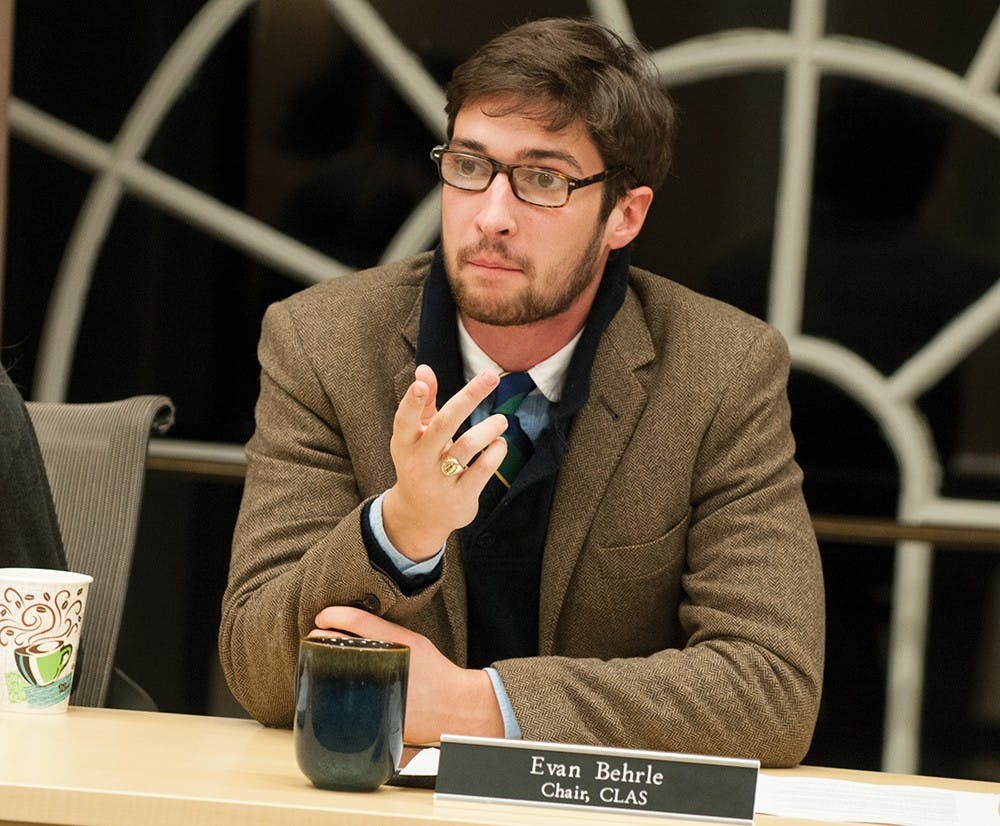The Honor Committee moved forward to create experimental working groups at its weekly Sunday meeting. The move is part of an effort to “work more efficiently towards our goals,” said Honor Committee Chair Evan Behrle, a fourth-year College student.
The Committee will now convene once every two weeks and meet in working groups on the intervening Sundays.
Four different working groups will begin next week. The first group, labeled “faculty engagement,” will focus on increasing faculty participation in the honor system. Darden Honor Representative Jessica Alvarez said reaching out to faculty remained a difficult issue for Committee members.
“I still don’t think we’ve made headway, and I still don’t get responses to my emails,” she said. Alvarez said she is hopeful the new working group will be able to effectively address the issue.
A second group will focus on rewriting bylaws, which govern the appeals process for an honor conviction. “The bylaws are not explicit enough,” Behrle said.
The third group will focus on the Committee’s recurring problem of disproportionate reporting practices. Certain student groups, including international students, minority students and student athletes, are inordinately reported for honor violations, Behrle said.
Though the working groups are an experiment for the time being, Behrle said he envisions the specific groups becoming long-term, as previous attempts to rectify these recurring problems have been unsuccessful.
“Some of the working groups are working on projects that necessarily outlast our committee,” Behrle said.
The fourth working group will consist of Committee members who are responsible for planning focus groups composed of randomly selected University students. Students unaffiliated with Honor will monitor an open dialogue between students and Committee members, Behrle said.
The Committee will provide scripts and questions for the focus group moderators, who will be members of Sustained Dialogue. Committee members will then analyze the qualitative data gleaned from the focus groups to form topics for a large-scale Honor conference in the future.
The focus groups are an initiative to gain “a qualitative gauge on where students stand,” Behrle said. “[Participants will] discuss some of the recurrent frustrations within the system … or ways to revitalize the system … amongst your average student.”
Behrle said a similar format was used last semester and proved successful.
“It is still an experiment,” Behrle said. “It doesn’t represent a codified change … It is an internal shift we’ve adopted and will continue to evaluate as we come to the end of our term.”
Correction: An earlier version of this article stated that “The fourth working group will consist of focus groups made up of randomly selected University students.” The fourth working groups will actually consist of Honor Committee members, not randomly selected students. The article has been changed to clarify this distinction.







